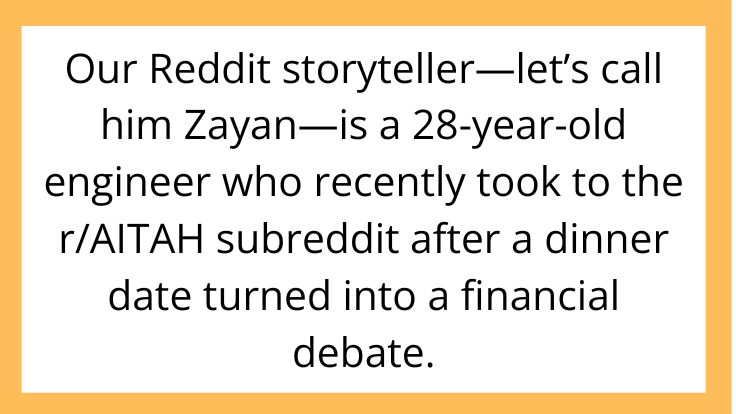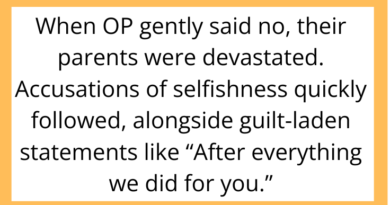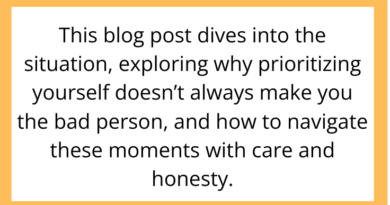AITAH for Not Paying for My Girlfriend’s Shopping After She Left Her Wallet “Accidentally”?
We all forget things—our keys, phones, or even a wallet. But when forgetfulness becomes a pattern, especially one that conveniently benefits one person in a relationship, it starts to raise eyebrows.
In today’s AITAH blogpost, we explore a situation where one man drew a line after his girlfriend’s “accidental” habit started affecting his wallet—and his trust.
The Backstory: A Pattern Emerges

Our Reddit storyteller—let’s call him Zayan—is a 28-year-old engineer who recently took to the r/AITAH subreddit after a dinner date turned into a financial debate.
Zayan had been dating his girlfriend, Maya, for around 10 months. At the beginning of their relationship, he didn’t mind footing the bill. He earned well, and treating her to meals, movies, and outings was something he enjoyed.
But then it started happening repeatedly: Maya would forget her wallet.
Whether they were heading to a mall, grabbing dinner, or stopping for coffee, Maya would suddenly pat her pockets and say, “Oh no, I left my wallet at home!” Zayan would pay, and she’d promise to pay him back—though she rarely did.
The Breaking Point: No More Free Rides
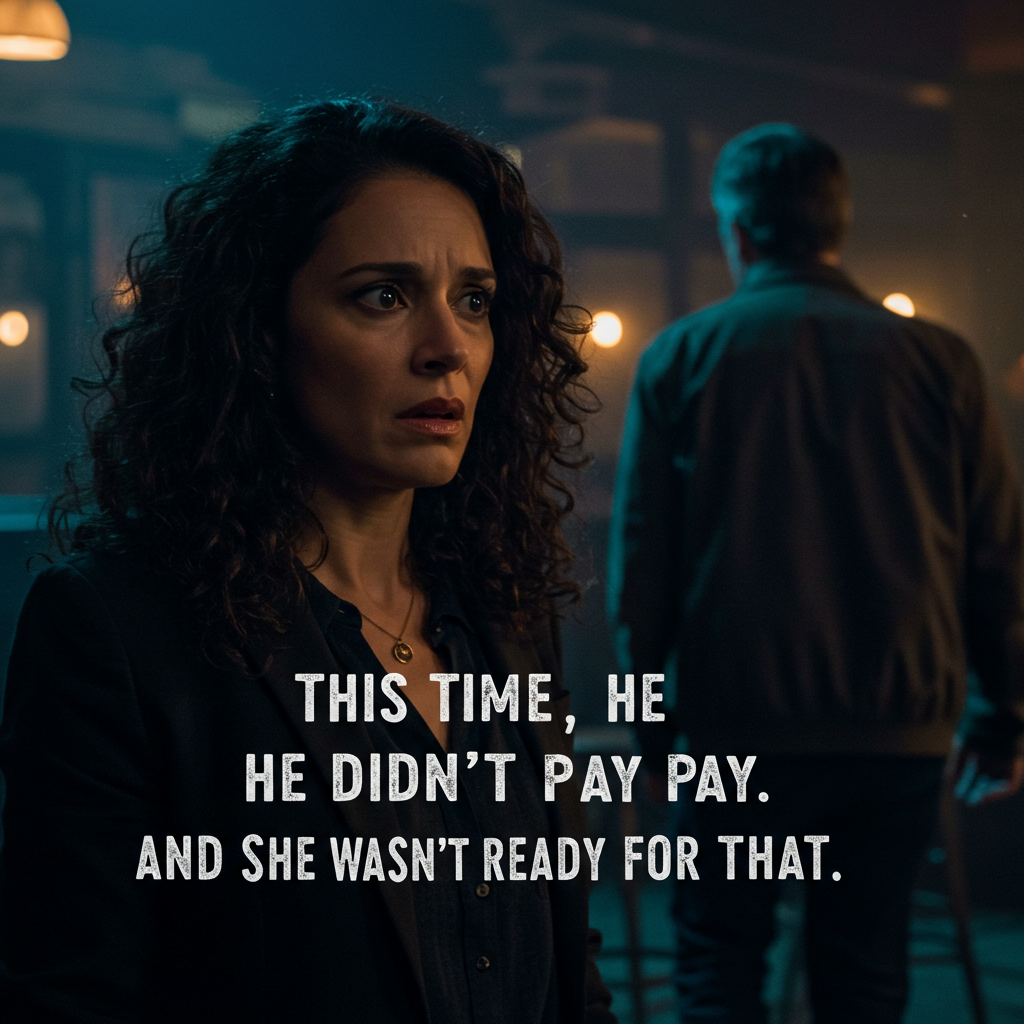
One weekend, Maya asked Zayan to go shopping with her. She wanted to check out a few sales and maybe grab lunch afterward. Zayan agreed—but this time, he had a plan.
Before they left, he casually asked, “You’ve got your wallet, right?” Maya smiled and said yes.
At the store, Maya picked out over $300 worth of clothes and accessories. When it came time to pay, she suddenly looked panicked. “I must’ve left it in the car,” she said.
Zayan didn’t say a word.
He stepped aside, pulled out his phone, and waited.
When Maya turned to him expecting help, he told her gently but firmly, “I’m not paying for this.”
She was furious. She accused him of embarrassing her, making her feel small, and being “cheap.” Zayan walked out calmly and drove home.
That evening, she called him crying, saying he’d humiliated her in public and that if he really cared, he’d have stepped up.
So Zayan asked Reddit: AITAH for refusing to pay when my girlfriend forgot her wallet for the fourth time in two months?
Intentions or Manipulations?

The Case for Zayan: Enough is Enough
Many Redditors immediately jumped in with support.
“This wasn’t forgetfulness—it was manipulation,” one top commenter said. “Nobody forgets their wallet that many times unless it’s intentional.”
Others pointed out that even if Maya genuinely forgot, her angry response revealed more about her expectations than her memory. If she was embarrassed, it’s because she was relying on him to cover her—again.
Zayan was well within his rights to draw the line. Relationships should be based on mutual respect and contribution, not one person constantly picking up the tab.
The Case for Maya: Was This Public Shaming?
On the other hand, a few commenters empathized with Maya.
“Maybe she’s just forgetful and got defensive when caught off guard,” one Redditor said. “You could’ve stepped in and talked about it later.”
Some felt Zayan should have given her a heads-up earlier—perhaps said, “I won’t be covering anything today, just FYI”—rather than letting her walk into the situation unaware.
But even those defending her said this seemed like a repeated issue—and not one that excused angry manipulation.
Financial Boundaries in Relationships
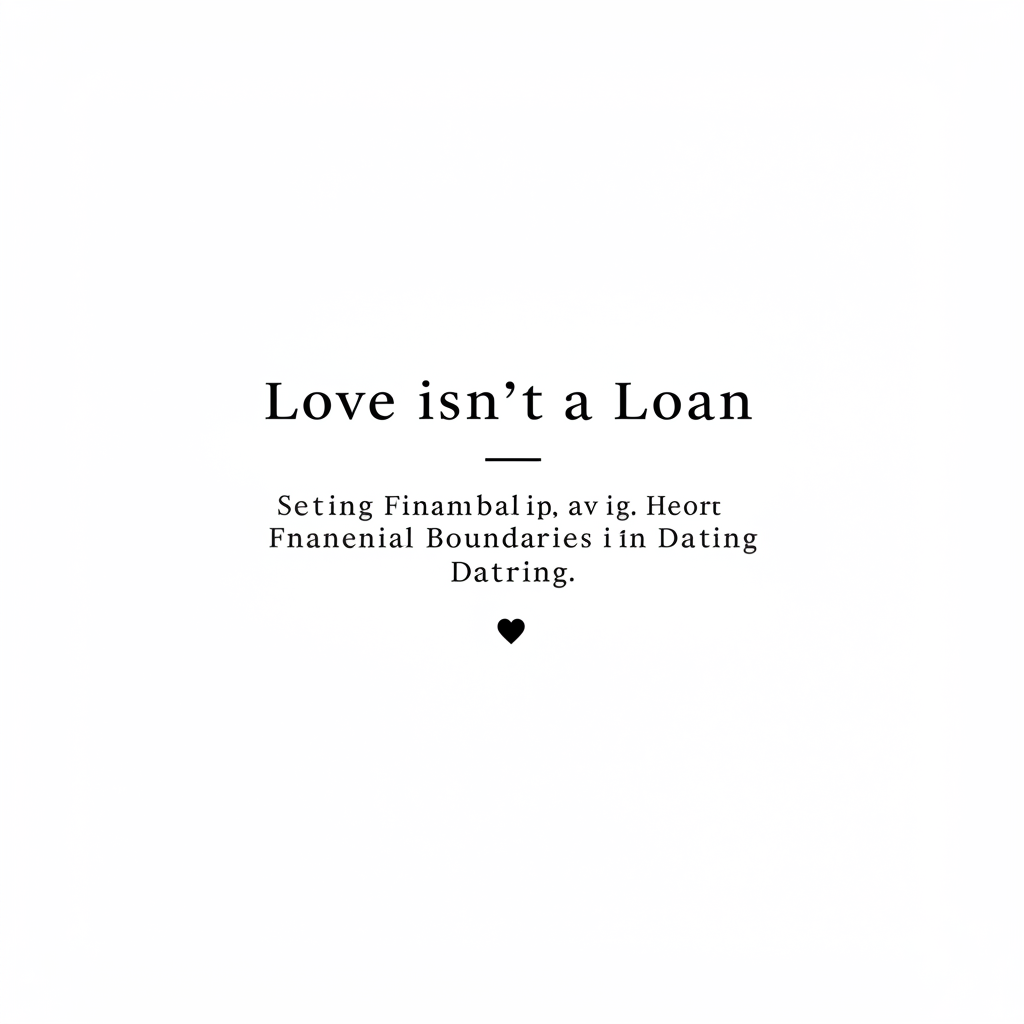
Money is one of the most common sources of conflict in relationships. But beyond dollars and cents, it often speaks to expectations, control, and respect.
Here’s what healthy financial boundaries look like:
-
Open communication: Clear conversations about who pays for what.
-
Equal effort: Even if income levels differ, effort should feel mutual.
-
Accountability: If someone forgets their wallet once, it’s an accident. Multiple times? That’s a red flag.
In Zayan’s case, the issue wasn’t about money. It was about Maya’s reaction, lack of accountability, and the sense that he was being taken advantage of.
What Could Have Been Done Differently?

For Zayan:
-
He could have communicated clearly in advance: “Hey, I’m not planning to pay for your shopping today.”
-
He could have confronted Maya earlier when the pattern first emerged instead of letting resentment build.
For Maya:
-
She could have acknowledged the pattern and offered to make it right.
-
If money was tight or she needed help, honesty would have gone further than repeated “accidents.”
The Verdict: Not the Villain
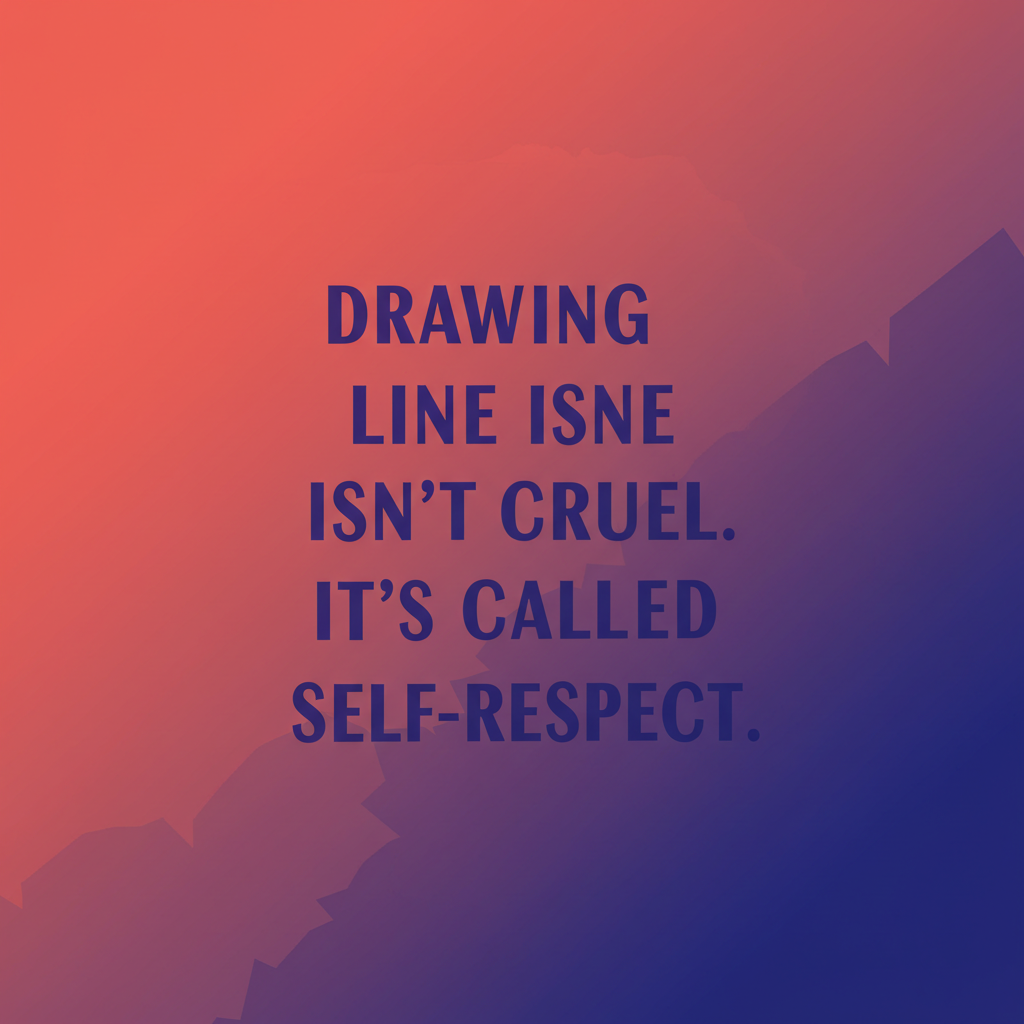
Most of Reddit declared: Zayan, you are not the villain.
Drawing financial boundaries isn’t unkind—it’s healthy. Being in a relationship doesn’t mean signing up for a blank check. And expecting someone to pay without asking—or getting angry when they don’t—isn’t love, it’s entitlement.
This wasn’t about one forgotten wallet. It was about repeated behavior, lack of reciprocity, and an unwillingness to take responsibility.
